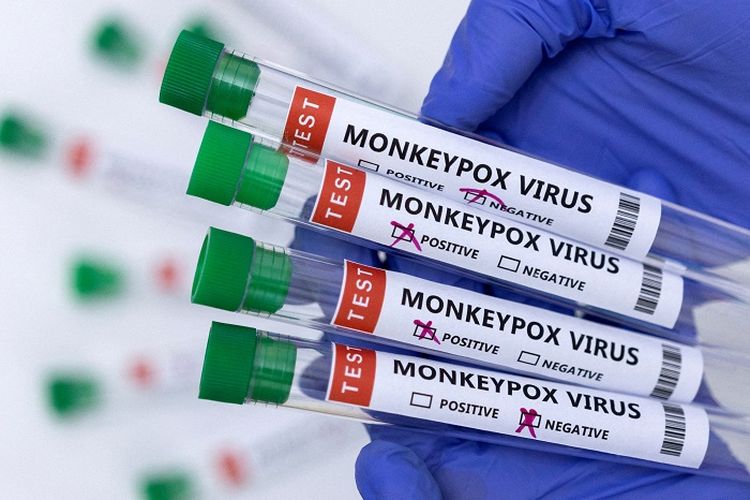Toxic to cats are:
- azaleas;
- castor;
- diphenbachs;
- ivy;
- philodendrons or monsters;
- lily of the valley;
- amaryllis;
- poinsettias;
- cyclamen.
Avots: Latvijas veterinārārstu biedrība
“Although adult cats do not usually approach poisonous plants, it will be safer to remove them both from the premises and from the garden,” explains the veterinary association.
Why does a cat eat houseplants?
- Digestive problemsassociated with the accumulation of loose and swallowed hair in the stomach. The hair forms balls that press on the animal’s abdomen and it must look for a way to get rid of it. “Therefore, the animal eats plants that irritate the throat and cause vomiting, freeing the body from hair balls, nodules and other formations,” explain the specialists of the Veterinary Society.
- Lack of minerals and vitamins. The animal, driven by its instincts and information recorded in its genes, tries to eat a plant in order to absorb the necessary minerals or vitamins. If you notice that your dog is eating houseplants, grass and other green things, add some green vegetables to his diet. Try lettuce, spinach or cabbage, ”the experts at the Veterinary Society recommend.
- It may be less common for cats, but more often for dogs psychological disorders. “When something causes a great deal of stress to an animal, it does not like something from the existing environment, including some diseases, abdominal pain, dental problems, etc. The veterinarian serving you will always find the right reason for this behavior of the animal, ”explain the specialists of the Veterinary Society.
! Avoid feeding vegetables cooked with onions or garlic as they are toxic to dogs. You can buy a special grass for cats, which is a mixture of wheat, rye and oats for growing by hand and is harmless to your pet.
You can read more about the harmfulness of plants at the link below (in English).
Always remember if you suspect that your cat or dog has been poisoned by a plant in your room, contact a veterinarian immediately. Don’t forget to tell us about the possible culprit. If you do not know its name, take a picture on the phone so you can work with your veterinarian to determine what the plant is.
–
Report an error in the article
Highlight misspelled text and press Ctrl+Enter.
Highlight and report incorrect text!
–
–


